Borrowing is not much better than begging; just as lending with interest is not much better than stealing
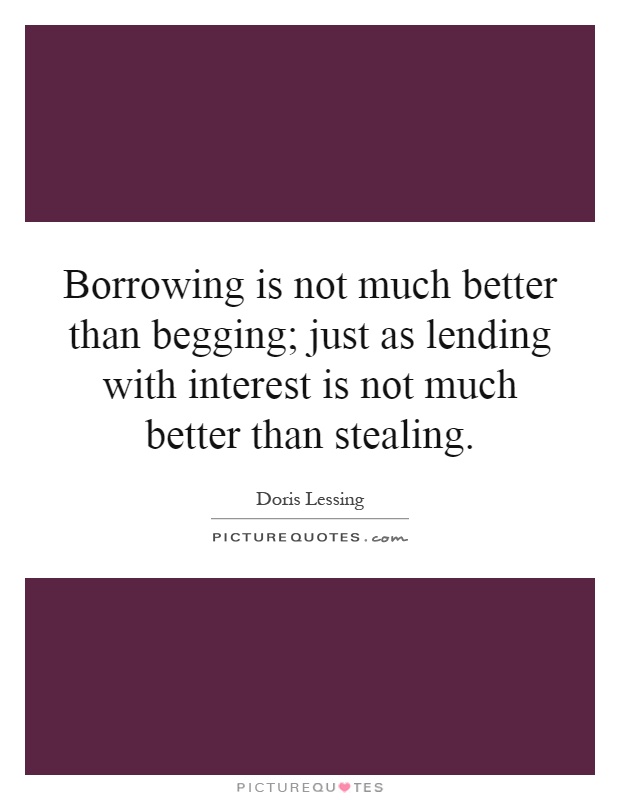
Borrowing is not much better than begging; just as lending with interest is not much better than stealing
Doris Lessing, a renowned British novelist and essayist, was known for her thought-provoking and often controversial views on society and human nature. In her works, she often explored themes of power dynamics, inequality, and the complexities of human relationships. One of the recurring themes in Lessing's writing was the idea of borrowing and lending, and how these actions can be seen as morally ambiguous.The quote "Borrowing is not much better than begging; just as lending with interest is not much better than stealing" encapsulates Lessing's skepticism towards the traditional economic systems that govern our society. In her view, borrowing and lending are not inherently virtuous acts, but rather can be seen as forms of exploitation and manipulation.
Lessing believed that borrowing, like begging, can create a sense of dependency and power imbalance between the borrower and the lender. When someone is forced to borrow money or resources from another, they are essentially putting themselves in a position of vulnerability and subservience. This can lead to feelings of shame, guilt, and indebtedness, which can be damaging to one's sense of self-worth and autonomy.
Similarly, Lessing argued that lending with interest is not much better than stealing, as it involves profiting off of someone else's misfortune or need. When a lender charges interest on a loan, they are essentially taking advantage of the borrower's desperation and exploiting their financial vulnerability. This can perpetuate cycles of poverty and inequality, as those who are already struggling to make ends meet are further burdened by exorbitant interest rates and debt.

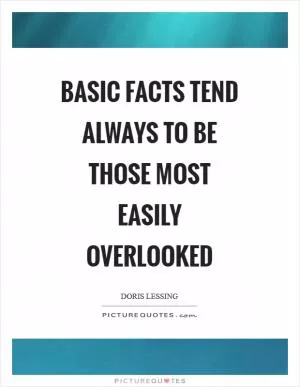
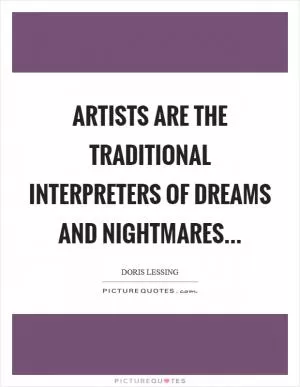
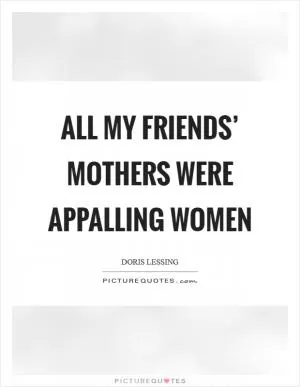


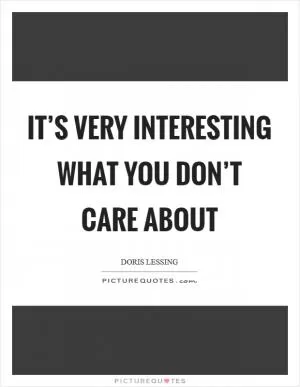
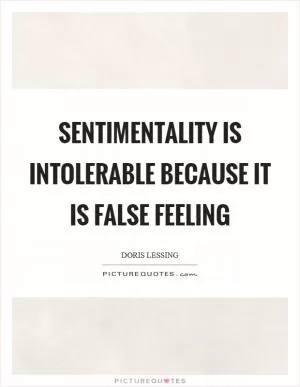



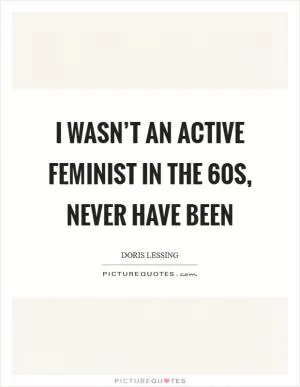
 Friendship Quotes
Friendship Quotes Love Quotes
Love Quotes Life Quotes
Life Quotes Funny Quotes
Funny Quotes Motivational Quotes
Motivational Quotes Inspirational Quotes
Inspirational Quotes